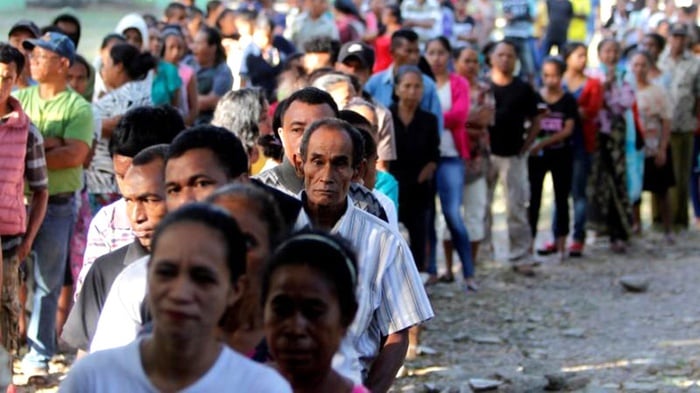 Organizada pela FAO, a organização do sistema das Nações Unidas para a alimentação e a agricultura, decorreu em Roma uma conferência mundial para abordar questões de segurança alimentar e do impacto das mudanças climáticas na agricultura.
Organizada pela FAO, a organização do sistema das Nações Unidas para a alimentação e a agricultura, decorreu em Roma uma conferência mundial para abordar questões de segurança alimentar e do impacto das mudanças climáticas na agricultura.Da sua declaração final (de ontem, 6/Junho) destacamos as sugestões para políticas de médio e longo prazo. Desta vez vai em inglês (sorry!)... Os "itálicos+bold" são nossos e pretendem chamar a atenção para os principais aspectos da declaração.
"Medium and Long-Term Measures
7. The current crisis has highlighted the fragility of the world’s food systems and their vulnerability to shocks. While there is an urgent need to address the consequences of soaring food prices, it is also vital to combine medium and long-term measures, such as the following:
a) We urge national governments, all financial institutions, donors and the entire international community to fully embrace a people-centred policy framework supportive of the poor in rural, peri-urban and urban areas and people’s livelihoods in developing countries, and to increase investment in agriculture.
b) It is essential to address the fundamental question of how to increase the resilience of present food production systems to challenges posed by climate change. In this context, maintaining biodiversity is key to sustaining future production performance. We urge governments to assign appropriate priority to the agriculture, forestry and fisheries sectors, in order to create opportunities to enable the world’s smallholder farmers and fishers, including indigenous people, in particular in vulnerable areas, to participate in, and benefit from financial mechanisms and investment flows to support climate change adaptation, mitigation and technology development, transfer and dissemination. We support the establishment of agriculture systems and the sustainable forest management practices that positively contribute to the mitigation of climate change and ecological balance.
c) In addition, we reaffirm the Mauritius Strategy for the sustainable development of small island developing states and call for its implementation in the context of the challenges of climate change and food security.
d) We urge the international community, including the private sector, to decisively step up investment in science and technology for food and agriculture. Increased efforts in international cooperation should be directed to researching, developing, applying, transferring and disseminating improved technologies and policy approaches. We urge member states, to establish in accordance with the Monterrey Consensus, governance and policy environments which will facilitate investment in improved agricultural technologies.
e) We encourage the international community to continue its efforts in liberalizing international trade in agriculture by reducing trade barriers and market distorting policies. Addressing these measures will give farmers, particularly in developing countries, new opportunities to sell their products on world markets and support their efforts to increase productivity and production.
f) It is essential to address the challenges and opportunities posed by biofuels, in view of the world’s food security, energy and sustainable development needs. We are convinced that in-depth studies are necessary to ensure that production and use of biofuels is sustainable in accordance with the three pillars of sustainable development and takes into account the need to achieve and maintain global food security. We are further convinced of the desirability of exchanging experiences on biofuels technologies, norms and regulations. We call upon relevant intergovernmental organizations, including FAO, within their mandates and areas of expertise, with the involvement of national governments, partnerships, the private sector, and civil society, to foster a coherent, effective and results-oriented international dialogue on biofuels in the context of food security and sustainable development needs."
Fonte: A.M. Almeida Serra









Sem comentários:
Enviar um comentário